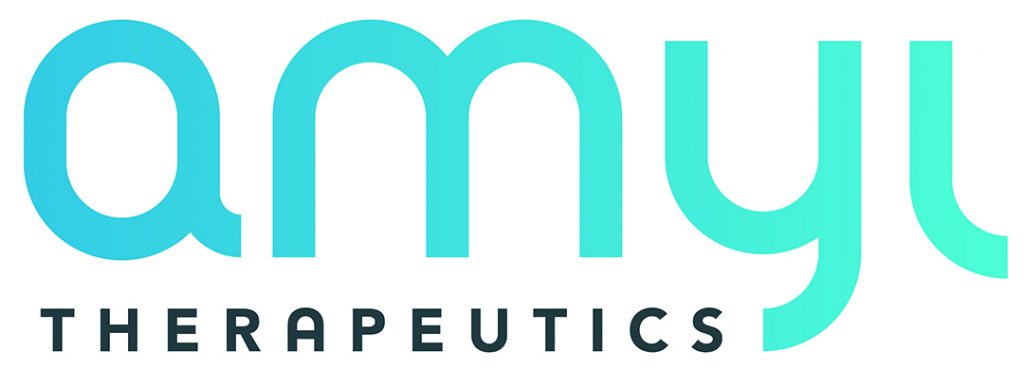Amyl Therapeutics, a Liege, Belgium-based preclinical biotechnology company, raised €18.3M in Series A funding.
The round is comprised of:
- €8.6m in equity led by Noshaq – a regional Belgian private-public fund – with participation from Merieux Participations, Sambrinvest and other private investors; and
- €9.7m in non-dilutive funding from the DG06 – a key policy-design and implementing body for research and innovation policy in the Walloon region of Belgium.
Following the closing of the financing, Dr. Pierre Vandepapelière (Amyl’s Co-Founder, CEO and CMO), Florent Gros (Amyl’s Co-Founder and Chairman), Dr. Valérie Calenda (Managing Partner at Merieux Equity Partners), Kenneth Buckfire (President of Miller Buckfire & Co.) and Amel Tounsi (Investment Manager at Noshaq) have joined the Board of Directors.
The company will use the funds to progress the discovery and preclinical development of therapeutic candidates that are able to target multiple misfolded proteins implicated in both progressive peripheral and neurodegenerative rare diseases.
Founded in November 2020 by Drs. Florent Gros and Pierre Vandepapelière, Chief Executive Officer and Chief Medical Officer, and also led by Dr. Karine Goraj, Chief Scientific Officer (CSO), Amyl Therapeutics is a preclinical stage biotechnology company developing its amyloid fibrils specific technology platform named ClariTY for the treatment of all forms of Amyloidosis. Amyl Therapeutics uses a novel mechanism to bind to the amyloid fold of toxic protein aggregates of various types, including antibody light chain (AL) or transthyretin (TTR) aggregates, which accumulate in peripheral organs to cause systemic amyloidosis diseases, but also amyloid-β (Aβ), Tau, and α-synuclein aggregates, which accumulate in the brain to cause Alzheimer’s and Parkinson’s diseases. Therapies based on the ClariTY technology platform are designed to prevent the further accumulation of aggregates and clear existing aggregates from the peripheral organs and the brain, while also blocking further cell-to-cell spread of misfolded proteins. These therapies may offer a breakthrough approach to treat protein misfolding diseases.
FinSMEs
03/06/2021

